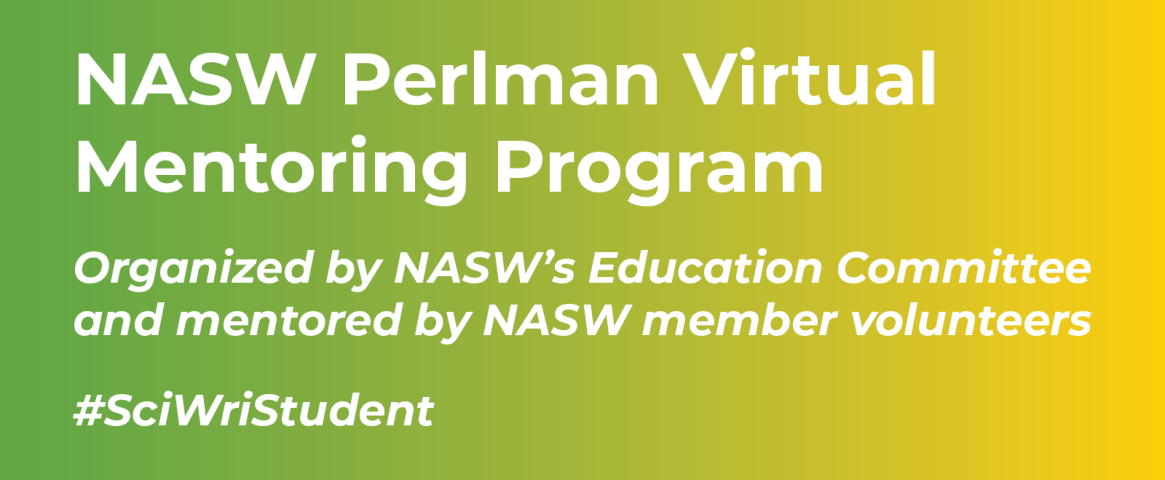This student story was published as part of the 2023 NASW Perlman Virtual Mentoring Program organized by the NASW Education Committee, providing science journalism practice and experience for undergraduate and graduate students.
Story by Tanner G. Richie
Mentored and edited by Emily Caldwell
Navigating colon cancer drug treatments can be difficult because side effects and variations in effectiveness due to genetics, lifestyle, and microbial-drug interactions are unique to each patient. With colon cancer diagnoses on the rise in Western countries, the need for personalized approaches to prescribing drugs that result in positive patient outcomes is increasingly important, researchers say.
Recent research published in Science and Current Opinion in Physiology suggests the microbes living in our guts are not only affected by drugs that we use every day, but also can change how the drugs affect us. Researchers have found that gut microbes can degrade drugs, reducing their effectiveness, as well as modify the chemical structure of a drug, changing how our bodies are able to use it. These effects are difficult to dissect because gut microbiome composition and metabolisms vary widely for each individual.
What if we knew before taking a drug how our microbes would react? This could drastically improve the trial-and-error approach in prescribing different drugs to treat conditions and could greatly impact cancer patient treatment, where time is critical for finding the right therapy.
The treatment process for colon cancer can be a difficult and drawn-out process for patients, moving from one regimen to another in an attempt to find a treatment plan that works for each individual case, said Dr. Sherry Fleming, director of the Kansas State University Johnson Cancer Research Center, who described colon cancer regimens as “extremely hard on the patient.”
In a groundbreaking study from Princeton University published in Cell, scientists developed a method to culture personalized gut microbial communities from donors and perform drug screenings to identify drug-microbial interactions. One of the main goals of this research was to establish a way to identify individual responses to drugs via their unique set of gut microbes and begin to investigate how their microbes would contribute to these responses.
This team employed a novel approach by using 21 patient-specific microbial communities and running large drug screens to identify potential interactions. In all, 575 FDA-approved drugs were utilized in this study, ranging from pain relievers to anti-anxiety and even colon cancer drugs. Taking this a step further, they also identified the microbes that were likely responsible for any drug interactions discovered.
“This inter-person variability underscores why studying a single bacterial species makes it impossible to compare the microbiome’s metabolism of drugs between individuals,” senior author Dr. Mohamed S. Donia, assistant professor of molecular biology at Princeton, said in a press release. “We need to study the entire intestinal microbial community.”
This research in personalized precision drug screening suggests accurate and minimally invasive clinical approaches could one day be adopted to shorten the trial-and-error period and find a regimen that could be most effective for an individual patient.
If this methodology of culturing a patient’s microbiome specifically for drug testing could be adapted in the health care system, could this help identify potential drug complications in colon cancer patients, without subjecting the patient to that treatment regimen?
“Every person’s colon cancer has mutations and not everybody’s mutations are the same,” Fleming said – a fact that complicates the entire diagnostic and treatment process.
A personalized medicine approach like that envisioned in the Princeton study could reduce those complications, she said, adding, “Taking the microbiome from a person and seeing how it responds could possibly lead to the correct treatment for that person’s cancer.”
Scientists note that further research into this area of personalized microbiome testing as well as applied studies are needed in order to discern if this novel methodology is practical and accurate enough for wide-scale implementation in the diagnostics field.
Tanner G. Richie is a fourth-year PhD Candidate in Microbiology, studying under Dr. Sonny Lee at Kansas State University. She is passionate about gut microbes and how they can help those suffering from inflammatory conditions in the gut. You can reach her by email at tgrichie@ksu.edu or @MicrobeRich on Twitter.
The NASW Perlman Virtual Mentoring program is named for longtime science writer and past NASW President David Perlman. Dave, who died in 2020 at the age of 101 only three years after his retirement from the San Francisco Chronicle, was a mentor to countless members of the science writing community and always made time for kind and supportive words, especially for early career writers. Contact NASW Education Committee Co-Chairs Czerne Reid and Ashley Yeager and Perlman Program Coordinator Courtney Gorman at mentor@nasw.org. Thank you to the many NASW member volunteers who spearhead our #SciWriStudent programming year after year.
Founded in 1934 with a mission to fight for the free flow of science news, NASW is an organization of ~ 2,600 professional journalists, authors, editors, producers, public information officers, students and people who write and produce material intended to inform the public about science, health, engineering, and technology. To learn more, visit www.nasw.org



